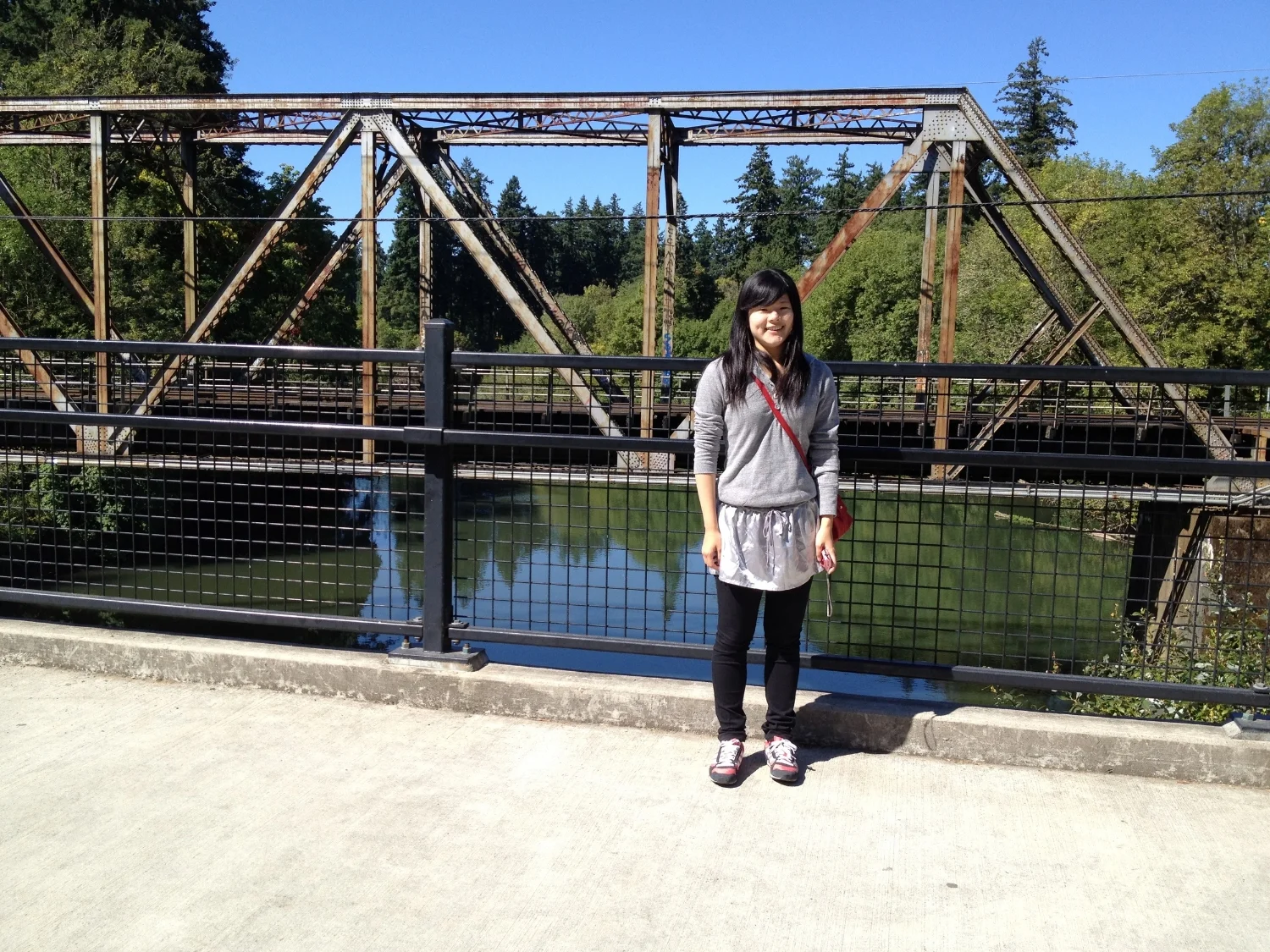Intercambio gets by with a little help from its friends…and the Tualatin community
The growing pains of teenage life are widely understood, even more so when there’s a scarcity of support in a child’s life. The Intercambio Peer Mentoring program, an afterschool program that pairs high school students with at-risk middle schoolers, knows this all too well and hopes to make those years a little bit easier. But it takes a village, rather the Tigard-Tualatin community to ensure students feel supported. In fact, Director of Intercambio, Alfredo Belanger believes the support from various community organizations like the Tualatin Rotary Club is not only a blessing, it is a necessity.
Recently, the Tualatin Rotary Club presented Belanger and Intercambio with a $10,000 grant in hopes to see the program continue to serve local students through afterschool activities and leadership development opportunities.
“Intercambio serves students with a range of needs, from those seeking help with homework, managing school and family issues to building connections among peers. The support from the Rotary enables our program to help build a stronger bond between mentor and mentee; we’re able to provide incentives that make this experience fun,” said Belanger. “Rotary’s support is key.”
According to Susan Salkield, director of Special Projects in the Tualatin School District, the idea for Intercambio came from several focus groups done in the school district. In particular, students of color felt that there were not enough minority role models and representation in leadership positions. In addition, students did not feel they had opportunities to give back to their school communities. Federal funding from the Safe Schools/Healthy Students grant helped start the program, and now Intercambio relies on organizations like the Rotary Club to fill the gaps.
When the Safe Schools/Healthy Students grant ended, Intercambio questioned whether or not it could keep serving its students at the level of support it grew accustomed to. The Tualatin Rotary Club saw an opportunity to help and provided an initial contribution of $7,500 to keep the program running. With Rotary’s recent donation, the program remains a home for students to learn, teach and develop lasting relationships.
As mentors with Intercambio, local high school students dedicate their time to engage parents and work with their younger peers to help build confidence to improve grades and make plans for the future. For example, students who participate in the program have higher graduation rates. In fact, approximately 92 percent of the students who participate in the Intercambio program attend college, compared to 58 percent of their peers.
Mayra Martinez-Iniguez, a senior in high school and a mentor in the program, said: “Mentoring gives us the chance to make a difference and help younger students that are a lot like us; students that want to strive in their education but might not have the support or motivation to do so. Encouraging them, guiding them, and supporting them is probably one of the best things we could do because they’re all future leaders.”
Most of the recent donation made by the Rotary supports the variety of costs it takes to fund the mentoring program, such as buses to transport students from the high school to the middle school and back home. The grant also covers after-school snacks and activities such as crafts or sports. The money is also used for three field trips each year. Since many students have not had the opportunity to travel outside of Washington County, three field trips a year take them away for team building. The usual destinations include Mt. Hood, the Oregon coast and a ropes course.
The team building and everyday activities of the mentor program have a lasting impact. Although the program technically ends after high school, Intercambio mentors who have gone on to college have created an informal network to mentor students through the transition from high school to college.
“Relationships persist. One of the big advantages of Intercambio, [is that] when kids enter high school they have friends, they have a support system. Since Intercambio has been running for some time, there are many students at the state colleges who tend to serve as informal mentors for incoming students,” said Salkield. The relationships continue long after graduation.
Organizations helping organizations and students helping students are two ways the Tigard-Tualatin School District thrives.
For additional information, please contact Chris Lieuallen, Teacher at Tualatin High School.
By Stefania Hajnosz
###

